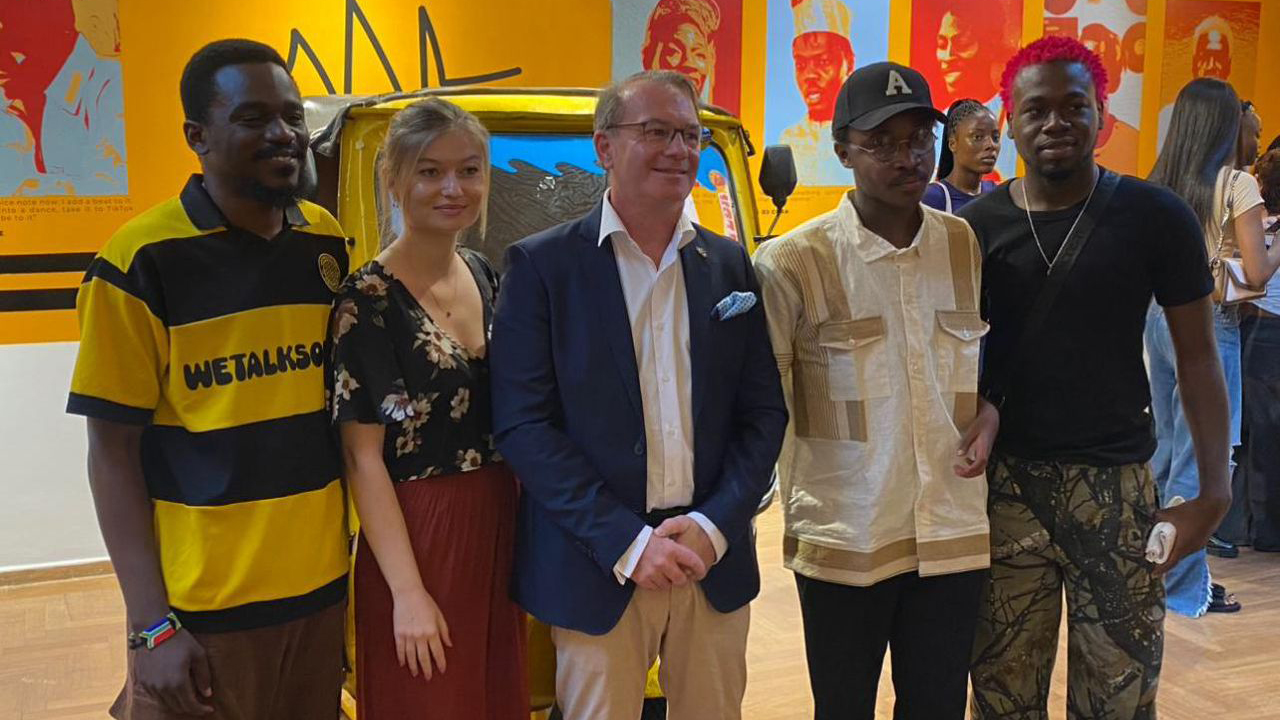Plan To Train Next Generation Of Nigerians
Book Buzz Foundation, in collaboration with the European Union, has officially launched The Nigeria Picture Book Project, a first-of-its-kind creative and capacity-building initiative designed to promote authentic Nigerian storytelling for children.
Supported by the European Union, the initiative seeks to empower Nigerian creatives through mentorship, workshops, and collaborative publishing opportunities, produce locally inspired picture books that help Nigerian children see themselves represented, books that foster imagination, empathy, and pride in Nigerian identity and build sustainable structures that strengthen the children’s book ecosystem in Nigeria.
This partnership represents a shared commitment to investing in creativity, cultural identity, and education. It ensures that the next generation of Nigerian children can access stories that celebrate who they are and where they come from.
The launch event, which held October on 17, 2025, brought together stakeholders in literature, education, art, and cultural development to celebrate a new chapter in Nigerian children’s publishing.
The project is designed to solve structural problems: low local output, weak production standards and limited access to culturally relevant children’s books.
It also aims to transform the landscape of children’s literature in Nigeria by bringing together authors, illustrators, and publishers to create high-quality picture books that reflect Nigeria’s diversity, languages, and cultural heritage.
Over the next 12 months, the programme will recruit 24 writers and 24 illustrators — six writers and six illustrators from each of the six geopolitical zones — with the immediate target of publishing 20 picture books and a longer-term ambition from Lola Shoneyin to scale the effort toward 100 titles.
The project is explicitly regional: trainees will come from across the country rather than being concentrated in Lagos or Abuja, an approach intended to widen both opportunity and the stories told.
Founder of Book Buzz and initiator of BookStorm, Shoneyin framed the intervention as both cultural repair and job creation. “There’s a problem with children’s books in Nigeria,” she said. “There’s a problem with quality. There’s a problem with production, and there’s an issue with access. We want children to open a book and see a landscape that looks familiar. That’s representation.”
Shoneyin tied the cultural argument to the economic: success in children’s publishing, she argued, can create career paths and employment for talented young Nigerians. “When people see that children’s books are doing well, it gives young people more options of what they can do when they’re older,” she said. “It’s a way of giving people employment… by the time we’ve done 100 books, I’m pretty sure a lot of people are going to start saying, ‘we want to publish children’s books as well.’”
The EU’s support for that pipeline is practical and policy-driven. Leila Ben Amor Mathieu,
Head of the Human Development Section at the EU Delegation, connected the Picture Book Project to broader education interventions — notably programmes targeting out-of-school children and girls in the Northwest.
“As someone who started reading at three and escaped into books, I know the importance of reading — especially culturally relevant books at an early age,” she said. “When we dug up this idea and spoke with Lola, it was a given that we support it, especially when we have this large education programme in the Northwest targeting out-of-school children and girls… I believe this project will help young authors make a living from writing — which is hard all around the world. We hope to change that.”






